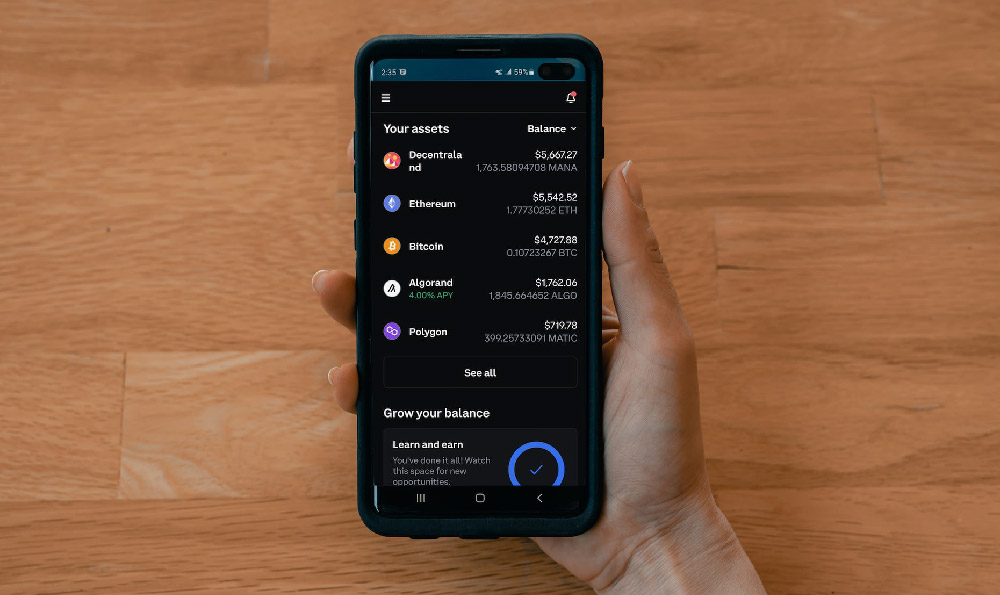Booking sites have revolutionized the travel and accommodation industries, offering consumers a centralized platform to compare prices, read reviews, and book everything from flights and hotels to rental cars and tours. Behind the user-friendly interfaces lies a complex ecosystem driven by various revenue generation and profit models. Understanding these models is crucial for both users and businesses operating within or alongside these platforms.
The primary and most well-known revenue source for booking sites is the commission-based model. In this scenario, the booking site acts as an intermediary, connecting travelers with service providers like hotels, airlines, and car rental companies. Whenever a booking is made through the platform, the booking site earns a commission, typically a percentage of the total booking value. The commission rates vary depending on several factors, including the type of service, the booking site's bargaining power, and the overall market dynamics. For example, hotels often pay higher commission rates than airlines due to the fragmented nature of the hotel industry and the higher volume of bookings facilitated through these platforms. This commission model benefits both the booking site and the service provider. The booking site gains revenue without needing to own or manage the actual services, while the service provider gains access to a broader customer base and increased visibility, ultimately driving more bookings than they might achieve independently.
Beyond commissions, many booking sites generate revenue through advertising and sponsored listings. Service providers can pay for premium placement within search results or on specific pages, increasing their visibility and potentially driving more bookings. This model works similarly to how search engines generate revenue through paid advertising. The more relevant and appealing a service provider's offering, the higher the chance of attracting potential customers through these sponsored listings. This revenue stream can be particularly lucrative for booking sites, as it allows them to monetize their platform even when users don't make an actual booking. It also gives smaller or newer service providers the opportunity to compete with larger, more established brands by purchasing visibility. However, booking sites must strike a delicate balance to ensure that sponsored listings don't compromise the user experience. Too many ads or irrelevant sponsored listings can annoy users and drive them away from the platform.

Another significant revenue stream for some booking sites is through subscription or membership models. These models typically offer exclusive benefits and discounts to subscribers, such as lower prices, priority access to deals, or loyalty rewards. This incentivizes users to commit to the platform and make repeat bookings. For example, some booking sites offer premium memberships that provide access to unpublished rates or exclusive hotel deals. These subscription models generate recurring revenue for the booking site and foster customer loyalty, making them a valuable asset in the long run. The key to success with subscription models is to offer tangible value that justifies the subscription fee. The benefits must outweigh the cost for users to continue subscribing, which requires a constant assessment of what consumers desire and what competitors offer.
Data is also a valuable asset for booking sites, and some generate revenue by selling anonymized data and insights to service providers or market research firms. This data can include information on travel trends, booking patterns, customer demographics, and pricing strategies. By analyzing this data, service providers can gain a better understanding of their target market, optimize their pricing, and improve their overall business strategy. While selling data can be a lucrative revenue stream, booking sites must be careful to protect user privacy and comply with data protection regulations. The data must be anonymized to prevent the identification of individual users, and users must be informed about how their data is being used. Transparency and ethical data practices are crucial for maintaining trust and avoiding potential legal issues.
Many booking sites also offer ancillary services, such as travel insurance, airport transfers, and tours, which generate additional revenue. These services can be bundled with bookings or offered as standalone purchases. The profit margins on these ancillary services can be quite high, making them a valuable contributor to the overall revenue stream. For example, a booking site might earn a significant commission on travel insurance policies sold through its platform. These ancillary services also enhance the user experience by providing a one-stop shop for all their travel needs. Offering a wide range of ancillary services can increase customer loyalty and drive repeat bookings.
The profit models of booking sites are inherently linked to their revenue generation strategies, but also heavily influenced by operational efficiency and cost management. While revenue streams like commissions and advertising contribute to the top line, profitability depends on controlling costs associated with technology infrastructure, customer service, marketing, and employee salaries. Booking sites leverage technology to automate processes, reduce manual labor, and improve efficiency. For instance, sophisticated algorithms are used to optimize pricing, personalize recommendations, and detect fraudulent activity. Investment in customer service is also crucial for maintaining customer satisfaction and loyalty. Booking sites often employ a combination of phone, email, and chat support to address customer inquiries and resolve issues promptly.
Marketing expenses represent a significant portion of the operational costs for booking sites. They invest heavily in online advertising, search engine optimization, social media marketing, and email marketing to attract new customers and retain existing ones. The effectiveness of marketing campaigns is continuously monitored and optimized to maximize return on investment. Competitive pricing strategies are also essential for attracting customers in a price-sensitive market. Booking sites constantly monitor their competitors' prices and adjust their own pricing accordingly to remain competitive.
Ultimately, the success of a booking site depends on its ability to generate revenue through various channels, manage costs effectively, and provide a superior user experience. Those that can successfully navigate these challenges are poised to thrive in the dynamic and competitive travel and accommodation industries. This involves a continuous cycle of innovation, adaptation, and optimization to meet the evolving needs of both travelers and service providers. Future profitability will likely depend on leveraging artificial intelligence, personalized experiences, and expansion into new markets and service offerings.












